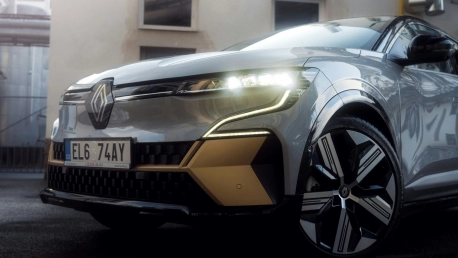The automotive industry is advancing rapidly with sustainability and environmental concerns at its heart. Spearheading this evolutionary charge is the Renault E7A motor, developed in collaboration with Valeo. A benchmark in innovation, the E7A stands out because it does away with the need for rare-earth elements, which are traditionally indispensable in the manufacturing of high-powered electric motors. This transformative technology could redefine what we can expect from the electric vehicle (EV) market.
The Need for a Sustainable Solution
For years, electric vehicles have been on the frontline of the sustainable transport revolution. Yet, the motors that power these EVs have always depended on rare-earth elements. These materials are not only finite and concentrated primarily under China’s control but also bring about significant environmental and geopolitical challenges. Their extraction and refinement process is fraught with ecological damage and raises ethical concerns due to the hazardous waste produced.Renault’s E7A motor, however, signifies a considerable departure from this convention. By tapping into an induction-based methodology that uses readily available steel and copper, it dismisses the traditional neodymium or dysprosium magnets. In doing so, it paves the way for a significant cutdown on CO2 emissions – by up to 30% compared to Renault’s prior electric motors. This leap is not just towards greater sustainability; it signals a transformation in the economic and ecological balance of electric vehicle manufacturing.
Performance Without Compromise
The auto industry is fervently shifting toward sustainability, led by the innovative Renault E7A motor, co-developed with Valeo. The E7A motor is notable for its avoidance of rare-earth elements, which are commonly critical for high-powered electric engines. The technology behind the Renault E7A could be a game-changer for the EV industry, offering an eco-friendlier option without compromising on performance. Given that rare-earth mining has substantial environmental and geopolitical implications, the E7A’s technology is not just a win for auto manufacturers seeking greener solutions but also for the global effort to minimize the ecological footprint of EVs. By breaking new ground with this motor, Renault and Valeo are setting new standards for what electric mobility can achieve, potentially propelling the industry toward a more sustainable future.









